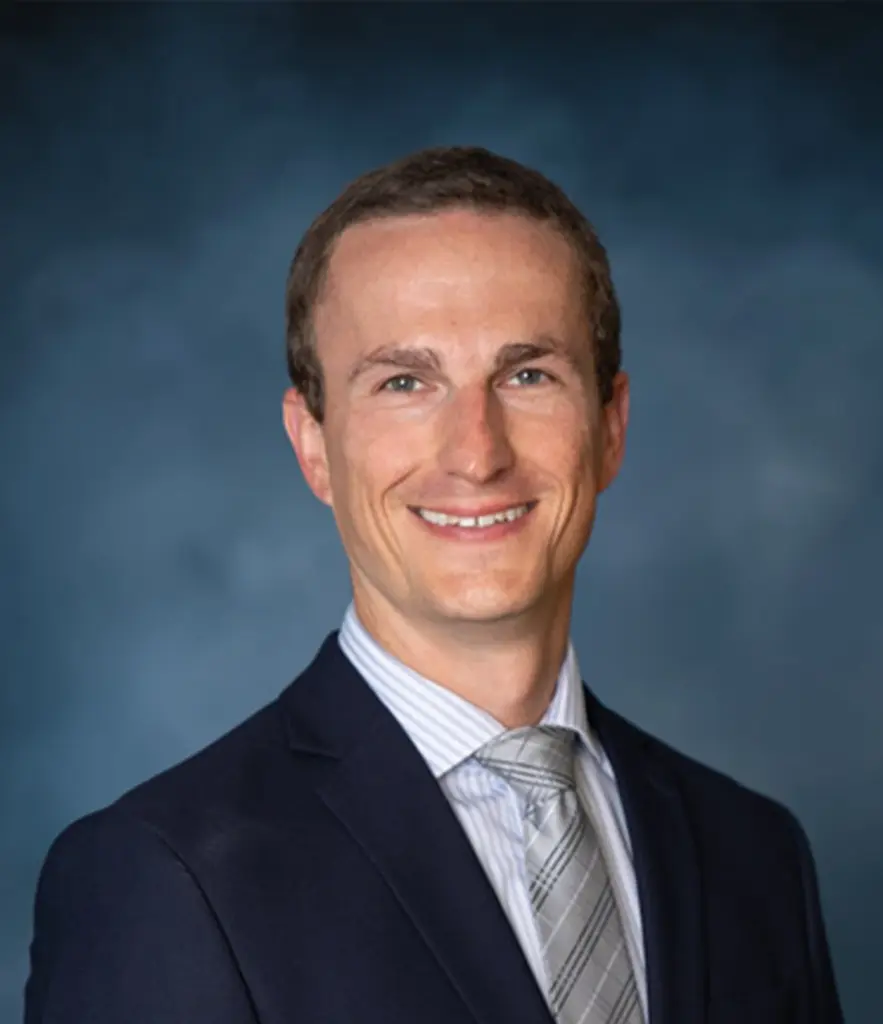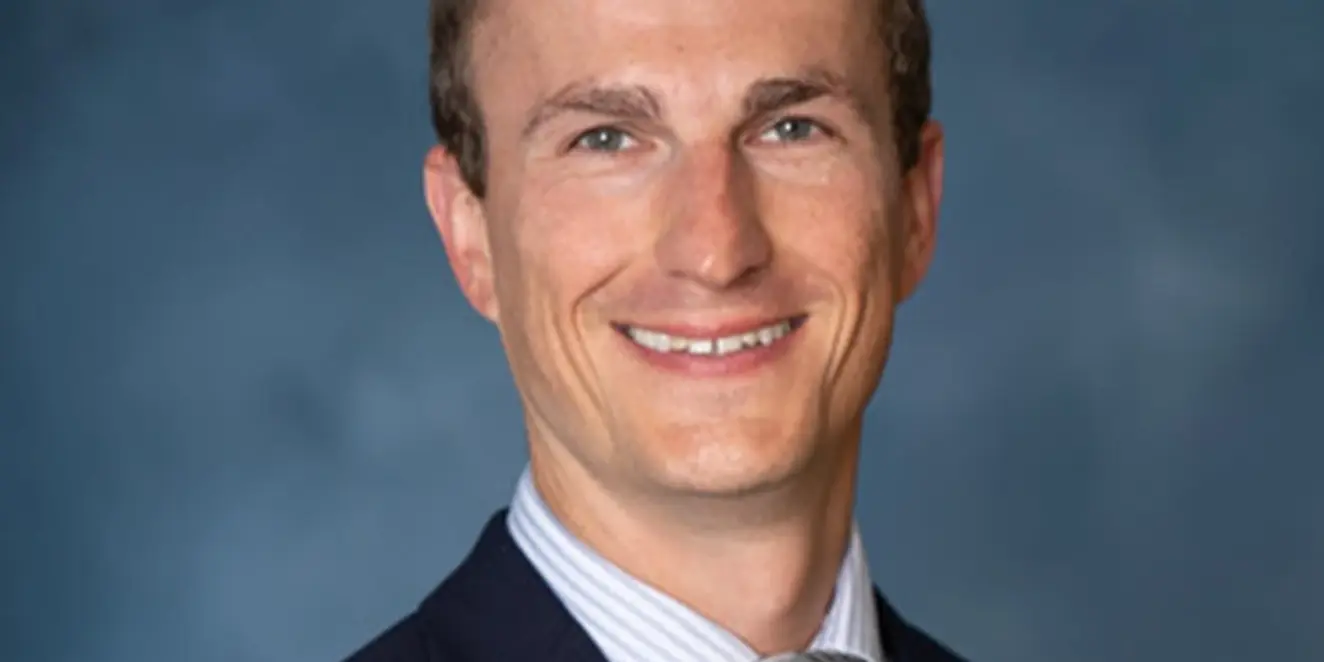Meet the Doc: Michael Palladino, ND

Dr. Palladino has been with Restoration Healthcare since 2021. His background in naturopathic and integrative medicine brings a valued perspective to patients at the clinic. Learn more about Dr. Palladino and his perspective on caring for patients with complex chronic illnesses.
Q: What is your Philosophy on Patient Care?
Dr. Palladino: My philosophy is grounded on naturopathic and integrative medicine’s emphasis on whole-person care. Meaning, a multi-systems approach to assessing the individual to best support them. This will include deep questioning and thorough analysis through testing and exams to better understand what their body is telling them. I highly value the patient’s narrative because there are clues in there to get to the root of the problem. My treatment philosophy starts with less invasive treatment modalities including a blend of lifestyle, herbal therapies, natural supplements, and IV infusion therapies while utilizing medications when needed. Oftentimes, multiple modalities are needed when initiating treatment for complex chronic illnesses; however, as one improves, I aim to decrease treatment therapies while focusing on an ongoing healthy lifestyle. The treatment for complex chronic illness is a journey for the doctor and patient to learn from each other as the body restores itself.
Q: Can You Tell Readers More about What is Naturopathic Medicine?
Dr. Palladino: Naturopathic medicine is a form of medicine that focuses on the laws of nature. What has been coined as integrative medicine and a whole-person approach is very similar to naturopathic medicine. In many ways, these are synonymous, but at the root, it involves assessing the root cause through a multi-systems approach. Ultimately, the body wants to find homeostasis with nature. Naturopathic medicine seeks to remove obstacles inhibiting the body from doing so and support systems that may have deficiencies to best find that alignment. In practice, Naturopathic Medicine is fluid with an ebb and flow of aligning the person with their environment. (read more on naturopathic physician training).
Naturopathic medicine is as much an art as a science. I compare the difference between naturopathic and conventional medicine, similar to learning a language. For instance, it’s fluid when you’re learning a language for the first time as a child. It’s natural. In the same way, when I know about someone’s underlying health history, the language of the conversation and the solution is fluid, without an accent. That fluidity is based on the natural cadence of the body and its healing properties.
Q: What are the Most Meaningful Lessons you’ve Learned from Patients?
Dr. Palladino: The most meaningful lessons I’ve learned are how to be an active listener, patient, and empathetic; however, all of these are life lessons yet to be mastered. I’m honored that patients are willing to share their history, ailments, and lives with me so that together we can synthesize the information to create a health plan. I’m receptive to patients presenting new research, successful treatment strategies, and other informative concepts that I have yet to experience. I learned patience because the root of the problem(s) does not always present itself right away, which has been a challenging experience for one who strives to quickly solve problems. With long-term health conditions, the answer is often deep requiring thorough investigation to uncover. Last, but not least, I have learned empathy for all who are navigating a journey to wellness.
Q: What Aspects of Medicine do you Most Enjoy?
Dr. Palladino: I enjoy the art of it. While most people think of medicine as an absolute science, there’s a lot of creativity in integrative and naturopathic medicine. It is not a one-size-fits-all, which gives me a lot of space and creativity to figure out who this person is and what modalities and options I can present to them. Due to various sensitivities, personal preferences, or other circumstances, I have multiple options to best support them, which allows for creativity in medicine. The nature of human biology is like a puzzle, and there is complexity in deciphering where the pieces fit. I form the narrative based on diagnostic testing and how the patient presents the symptoms. For me, this is very fulfilling.
Q: What Lifestyle Tips Can You Pass Along to Readers?
Dr. Palladino: I find the most valuable tips are the ones that I often do. Nutrition is a big part of healthy living. At the core, ancestral eating is a form of nutrition that I feel works well for most people. Food should be only one ingredient: from an animal, the earth, or the sea. Preferably what’s available locally because, like humans, food also follows the circadian rhythms of nature. Other tips are hot and cold contrast therapies. For instance, sauna therapy has great cardiovascular, metabolism, sleep, and detoxification benefits. Cold thermogenesis or cold plunging is great for the immune system, muscle recovery, pain reduction, and mental strength. Physical exercise is essential for all the same reasons just noted. Lastly, a prayer or spiritual practice is helpful to connect to something greater than ourselves.
Q: What Do You Do In Your Spare Time to Maintain Health?
Dr. Palladino: All of the things that I just mentioned for healthy lifestyle tips are what I enjoy in my spare time. In addition, I love spending time with my family and friends, traveling, being in nature, prioritizing sleep, listening to educational podcasts, and disconnecting from electronics. Life can often get busy so the more I can slow it down, ground myself, and prioritize a healthy life the better I can do for my patients.
EDITOR’S NOTE: Naturopathic doctors undergo rigorous education and training. After pre-med undergraduate work, they enroll in a four-year naturopathic medical program at an accredited institution. During their 4,100 hours of training, they study various subjects, including anatomy, physiology, pathology, biochemistry, and pharmacology. They also receive specialized instruction in naturopathic modalities such as botanical medicine, nutrition, homeopathy, and physical medicine. In addition to classroom learning, naturopathic doctors gain hands-on experience through clinical rotations and internships. This comprehensive education equips them with the knowledge and skills necessary to provide holistic, whole-person, patient-centered care.


